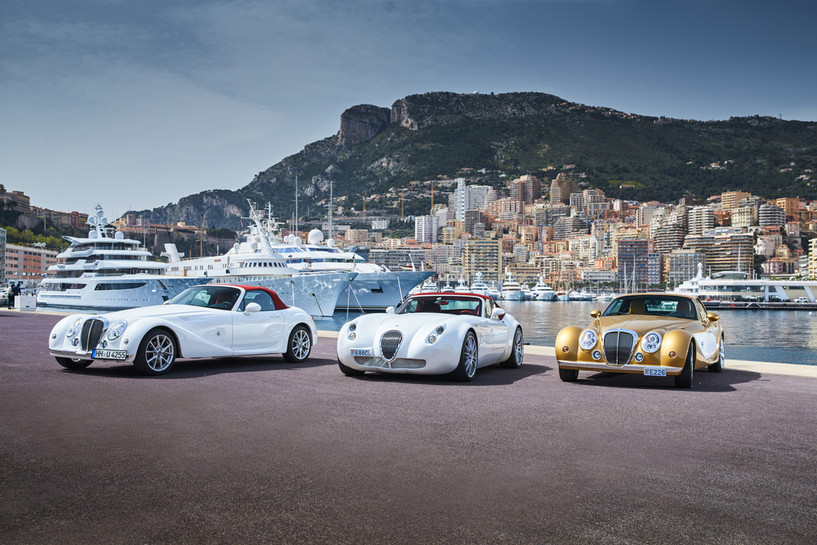There are a few terms that are often used to describe older, vintage vehicles, and this is one of the more nuanced areas of the car world in general. While some people tend to use these terms interchangeably, and there's nothing wrong with that in many settings, there are also situations where knowing the actual technical differences in terms can be important.
At Andersen Restoration Parts, we're here to offer a wide range of parts for classic and related vehicles, including front-end suspension bushings, idler arms, center links and numerous other parts you may require for your restoration needs. Here are some basics on the situations where specific car terms and definitions like "classic," "retro" and "luxury" may be important to differentiate between, plus some basics on each of these designations and how they differ in slight ways.
Settings Where Car Designation Might Matter
As we noted above, there are many cases where terms like classic or retro can be used interchangeably without any issue. However, there are also specific situations where the technical definition can be important for things like registration or insurance purposes. For instance, if you're trying to insure a classic car, the insurer may have specific parameters for what qualifies as "classic" and how this differs from other terms.
In other cases, you may be registering your car for a specific event or show and need to fit into certain categories - in these situations, knowing the technical differences between terms can be important. Our next few sections will go over these basic differences and what to know about them.
Classic Cars
When you hear the term classic car, this generally refers to any vehicle that is over 20 years old and has been maintained or restored to its original condition. This can be a broad definition, but it's usually considered as the most flexible of these three terms - in general, if your car is older than 20 years and meets certain standards for restoration and maintenance, you should qualify for classic status.
Classic vehicles tend to carry one or more of a number of characteristics:
- Place in automotive history: Many classic cars are considered to be important milestones in the automotive industry, whether for their design, performance or other factors.
- Association with certain eras: Even if not a milestone specifically, some classic cars represent certain decades or time periods of car production and are highly sought after for this reason.
- Rarity: Classic cars may have been produced in relatively small numbers or discontinued for other reasons, leading to a rarity in the market that drives up their value.
- Design and aesthetics: Many classic cars have unique or iconic designs that set them apart from modern vehicles.
- Pop culture significance: Some classic cars are popular due to their appearances in films, TV shows or other media.
- Nostalgia: Finally, many classic cars hold a special place in people's hearts due to their personal histories with them or memories of family members owning them.
Overall, these are just some of the reasons why classic cars are so highly sought after and desirable for many enthusiasts.
Retro Cars
In general, while retro and classic cars are similar in many ways, this term speaks to a fusion of classic aesthetics with modern technology under the hood. Many retro cars will feature a vintage look with modern conveniences or performance features, while still utilizing some classic parts and design elements.
In many cases, the exact definition of retro will depend on who you ask - but in general, these vehicles will carry a hybrid design that attempts to combine the best of both worlds from classic and modern vehicles.
Luxury Cars
Finally, luxury cars - also sometimes called exotic or vintage exotic cars - are those with an expensive price tag and numerous amenities. These vehicles may have unique features, custom designs and other elements that truly set them apart from the pack; in many cases, luxury or exotic cars are also rare or hard to find on the market.
One important note here: While retro and classic cars can be considered luxury in certain situations due to their rarity or other factors, not all luxury cars are necessarily retro or classic. Some may be brand new modern vehicles that still carry a high price tag due to their features and materials.
While many people use the terms "classic," "retro" and "luxury" interchangeably in certain situations, there are also cases where knowing the technical differences between these designations can be important. Hopefully this content has clarified some of these points and helped you understand a bit more about the world of vintage cars.
For any further questions on these or other areas, please reach out to Andersen Restoration Parts today. We're happy to help with any questions you have in addition to all your restoration part needs.

